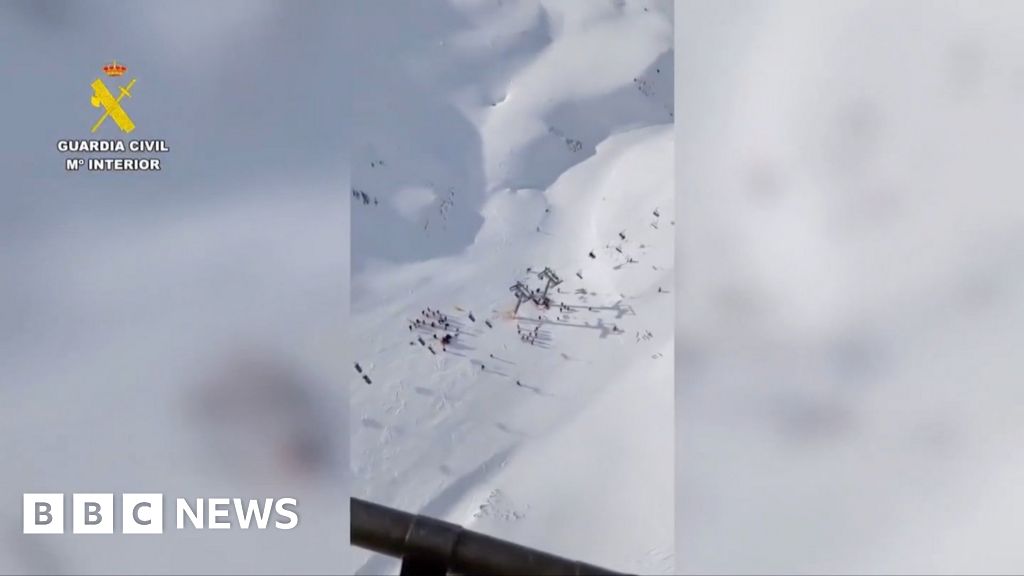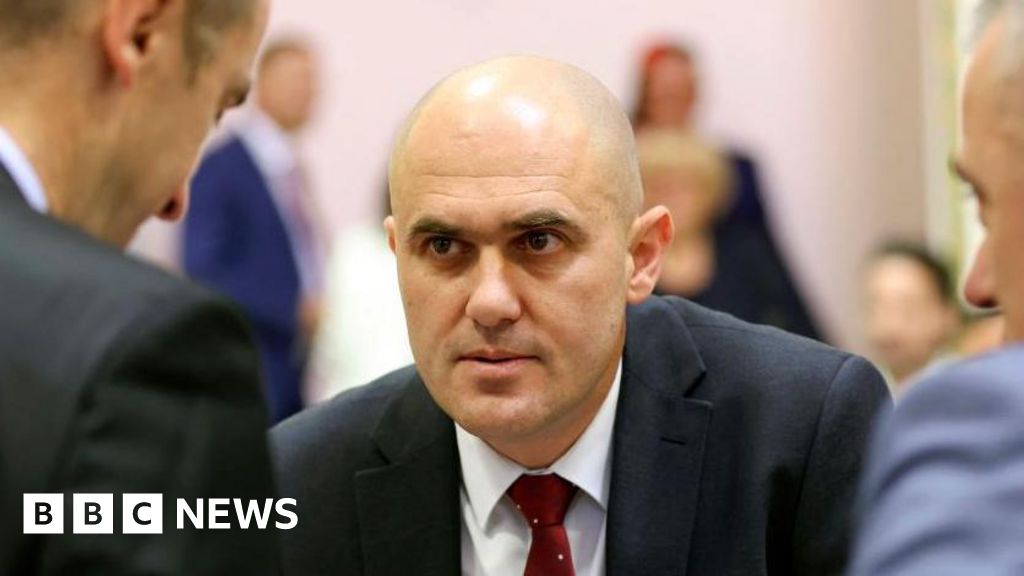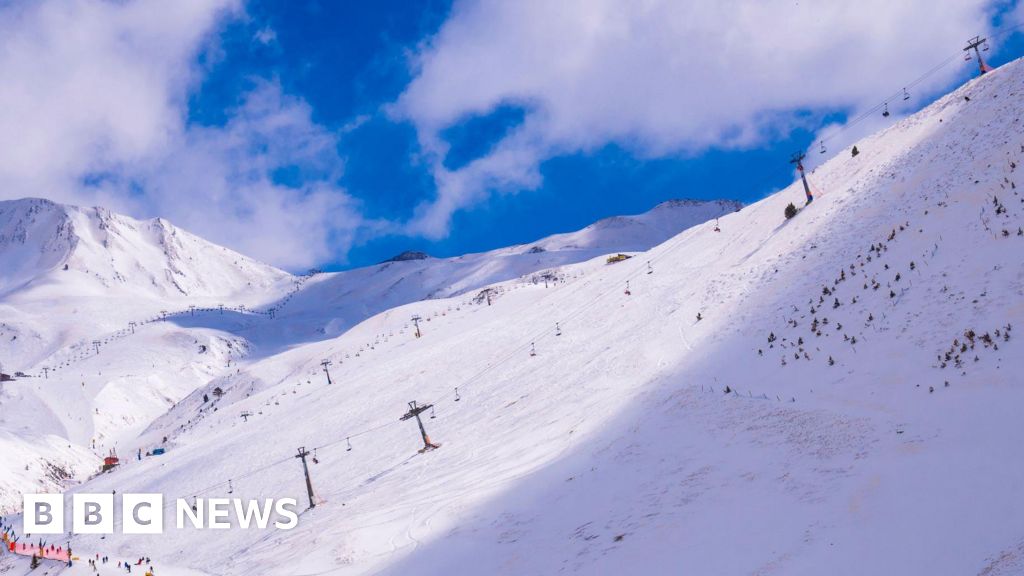ARTICLE AD BOX
Israeli Prime Minister Benjamin Netanyahu has told the country’s military to continue fighting with “full force” against the armed group Hezbollah, despite calls from the US and other allies for a ceasefire.
Lebanon's health ministry said at least 92 people were killed in Israeli air strikes on Thursday, with hundreds more killed since the strikes escalated on Monday.
Hezbollah has confirmed that an air strike on an apartment building in the south of Beirut killed the head of its drone unit, Mohammad Surur.
Fears of an all-out war between Israel and Hezbollah are at a high, after a dramatic escalation in Israeli strikes on Lebanon since Monday.
The increase in hostilities prompted a 12-strong bloc - including the US, UK and EU - to propose a three week ceasefire between Israel and Hezbollah on Wednesday.
The proposal was initially met with hope after Israeli ambassador to the UN, Danny Danon, said his country was “open to ideas”.
But by Thursday it had been roundly rejected by Israeli politicians.
Landing in New York for the UN General Assembly, Mr Netanyahu said Israel would “not stop” in Lebanon until it reached all of its goals, “chief among them the return of the residents of the north securely to their homes.”
The White House later said the ceasefire proposal had been “coordinated” with Israel, despite Mr Netanyahu's assertion, just hours later, that his country would continue fighting.
Speaking in New York, UK Prime Minister Sir Keir Starmer called for an "immediate ceasefire to provide space for a diplomatic settlement" to resolve the conflict in Lebanon.
He said the conflict could spill over into a war "no one can control".
Around 70,000 Israelis have been displaced from the north of the country since hostilities between Israel and Hezbollah, sparked by the war in Gaza, began nearly a year ago.
In Lebanon, around 90,000 people have been displaced since Monday, adding to the 110,000 who had fled their homes already, according to the UN.
Through Thursday, the Israeli military said it struck Hezbollah targets in Lebanon’s south and in the Bekaa Valley in the country’s east.
It also struck infrastructure on the Lebanese-Syrian border, which it said was to cut weapons supplies to the group.
Meanwhile, Hezbollah said it had fired 50 rockets towards the Kiryat Ata settlement, and 80 missiles towards the city of Safed, both in northern Israel.
The Israeli army said it intercepted a missile that was fired from Yemen after sirens and explosions were heard.
Israel’s military chief Lt Gen Herzi Halevi said on Wednesday Israeli air strikes on Lebanon could pave the way for the IDF to “enter enemy territory”.
Israeli Air Force (IAF) Commander Maj Gen Tomer Bar told troops on Thursday they should be “prepared” to support a “ground manoeuvre” into Lebanon.
Meanwhile, Qatar joined calls for a de-escalation with government spokesman Majed al-Ansari saying the country had received "horrific reports from Lebanon about targeting whole families, in a way that is similar to the atrocities in Gaza".
After meeting with British and Australian counterparts in London, US Defence Secretary Lloyd Austin said that Israel and Hezbollah face the risk of "an all-out war" but that "a diplomatic solution is still viable".
"Israel has stated that its goal is to return its citizens to their home in the north. I believe the quickest way to do that is through diplomacy," Austin said.
On Thursday evening, Israel's defense ministry (IMoD) said it had secured an $8.7bn (£6.5bn) US aid package to support its current military campaigns.
In a statement, IMoD said the package includes $3.5bn for "essential wartime procurement", which has already been transferred, and $5.2bn for air defense systems such as the Iron Dome, David's Sling and an advanced laser system.

 3 months ago
16
3 months ago
16








 English (US) ·
English (US) ·